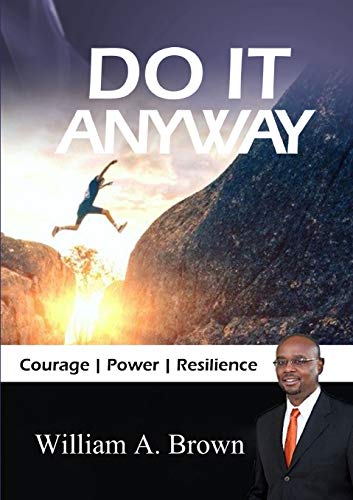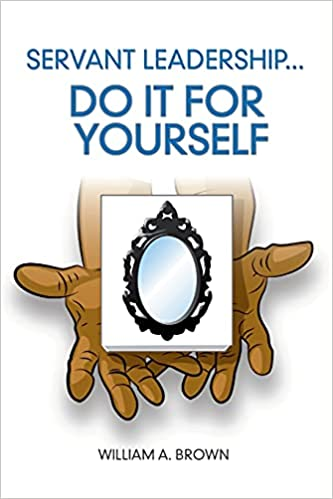Article-Detail
Encouragement is the Secret Sauce
Not long ago, Bloomsberg University (Pennsylvania) researchers, hoping to learn about the impact of verbal encouragement decided to conduct a Treadmill Test. They found 28 students, 12 men and 16 women, and created conditions they hoped would encourage the students to give maximum effort. The students were subjected to four three minute exercise stages on the first day with no encouragement. Afterwards, blood was taken, and their ratings of perceived exertion (RPE) was measured. One week later, the student subjects were separated into four experimental groups and given a second battery of exercises. One group was given no encouragement, the other three groups were given verbal encouragement using statements such as “Way to go… Come one… Good Job… Excellent”. These encouraging statements were rehearsed for consistent volume and clapping across the groups. The results? The group of students who received the most encouragement performed significantly higher on all measures. The conclusion? Verbal encouragement does lead to significantly greater maximum effort than when no encouragement or infrequent encouragement is given.
This is interesting stuff, Will, but what does it mean to me? This article is about getting the best out of your people. At work, people have a minimum amount of effort they can give to get their work done. Above that is what is called, discretionary effort. In order to get people to give their discretionary effort, they have to want to, it’s on the leaders to figure out how to get them to want to give it. In the first condition of the experiment, the students gave a great effort, they were worked until they hit a physical mark or until exhaustion. In the second condition, the students who verbal encouragement and clapping, also gave discretionary effort. This research reveals that verbal encouragement can tap into that discretionary effort people usually hold back. It also builds trust and confidence in leaders that makes it easier to continue giving that effort. It doesn’t matter if it’s on a treadmill, or at work, the principle still applies. Also, infrequent encouragement is better than none at all but it does not result in that best effort that leaders hope to see.
If you’re launching a startup or your team has a big presentation to give, encouraging your people will give you the best chance at that discretionary effort and success. Further, the trust and confidence you cultivate is contagious and spreads around your organization. Athletics provides the best example of this phenomenon in action. Look to the sidelines and see the coaches barking, “Great job!” Look on the field or court and hear players encouraging each other, “Let’s go!” Or the big speech, in any sports movie that gives you chills (See Charles Dutton’s talk in Rudy), this stuff works. There is actually a chemical explanation for it. The limbic system in your brain, the part that controls emotions, releases oxytocin, dopamine, and adrenalin which masks pain and gives you the ability and drive to do more. An extreme example might be a parent having the temporary strength to lift a car off of a trapped child. In this case, the body is flooded with chemicals that make it possible to do a lot more than would normally ever be attempted.
One of my favorite examples comes from the movie, Men of Honor, starring Cuba Gooding Jr. as Carl Brashear who grows from a kid of a sharecropper in Kentucky to the first African American Master Diver in the US Navy. Prior to becoming a Master Diver, he had to overcome obstacles such as racism and discrimination from his colleagues and superiors beginning with being assigned to the kitchen. Ultimately, he gets accepted into diving school and graduates. In 1966, Carl Brashear’s leg was mangled during the recovery of an Mk28-Type hydrogen bomb out of the Mediterranean Sea and has to be amputated. Near the end of the movie, Brashear has been outfitted with a prosthetic and the Navy is court marshalling him out due to his disability. He is fighting that decision but has to prove to superiors who want him to fail that he is still able to dive. To make things more difficult, the Navy develops a new, heavier suit that he has to wear and walk in, in the courtroom. A 300 lb suit is heavy enough for a healthy young man, for a man Brashear’s age, on a prosthetic, this is a near impossible challenge.
Robert De Niro’s character, Master Chief Leslie William “Billy” Sunday, was an antagonist to Brashear but is won over by his determination during diving school. The two are bought together again in that courtroom where Billy Sunday shouts encouragement while he counts off steps that Brashear takes. “Goddammit cookie, move your ass, I want my 12, A navy diver is not a fighting man, he’s a salvage expert. If it’s lost underwater, he finds it, if it’s sunk he brings it up, if it’s in the way he moves it. If he’s lucky he will die young 200 feet beneath the waves for that is the closest he will ever get to being a hero. Hell, I don’t know why anybody would want to be a Navy Diver, now you report to this line cookie”
In that scene you see Carl Brashear recover from a stall due to pain and exhaustion and tearfully continue walking in the suit following the encouragement of Billy Sunday. Your encouragement works the same way. All leaders want to get that effort from their employees, but invest too much energy in other methods. The secret sauce is encouragement. It works in all areas of life and leadership and will work for you too. Slather your team with encouragement and your organization will SOAR!
William A. Brown
July 21, 2019
https://www.powerofpositivity.com/5-ways-help-others-believe/
https://www.competitivedge.com/special-what-makes-good-coach
http://samglenn.com/5-reasons-why-encouragement-works-in-the-workplace/




